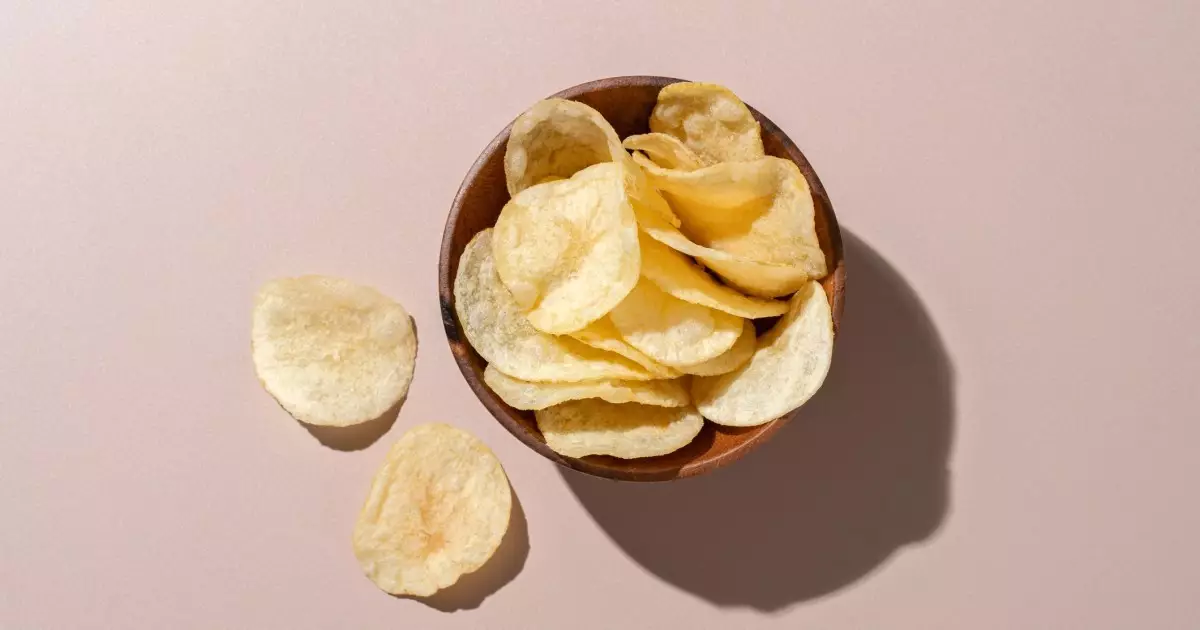Potato chips are undeniably a popular snack among humans, often enjoyed during gatherings or as a quick munch during movie nights. Their crunch and burst of flavor make them appealing, but this deliciousness comes at a price, especially for our canine friends. While dogs may be able to consume potato chips without immediate toxic effects, the consequences of this indulgence can be much more serious than most pet owners realize.
The Nutritional Void of Potato Chips
Let’s face it: potato chips have minimal nutritional benefits. Packed with empty calories, these crispy delights do not contain any substantial vitamins or minerals that a dog’s body requires. The predominant ingredients—processed oils, salt, and artificial flavorings—offer more harm than good. When you think about the ideal diet for dogs, you’d want to focus on wholesome, nutrient-dense foods rather than treats that could potentially contribute to obesity and other health problems. The reality is that a few nibblets of chips might seem harmless, but the long-term impact of feeding potato chips to dogs adds up quickly.
The Risks of Salt and Processed Ingredients
One of the most alarming aspects of potato chips is their high sodium content. Salt may enhance the flavor for our taste buds, but it can lead to serious health issues for dogs. Consuming too much salt can provoke salt poisoning, which presents symptoms ranging from excessive thirst and urination to severe neurological issues. No pet parent wants their beloved companion to face a medical emergency due to a snack meant to be enjoyed in moderation. Beyond the sodium, artificial additives and flavors have no place in a dog’s diet, and their impact on canine health is still under scrutiny.
What Happens When Dogs Sniff Out Chips
If your dog manages to sneak a few chips, be observant. While adverse reactions are not guaranteed, symptoms such as stomach aches, diarrhea, vomiting, and dehydration could surface in the aftermath of such indulgence. Dogs, despite their expressive natures, can’t always communicate their distress effectively, so it’s up to us to monitor any changes in their behavior or health. If you notice any troubling signs after your pup has enjoyed a forbidden snack, it’s crucial to consult your veterinarian without delay.
Alternatives That Delight and Nourish
Fortunately, the pet food industry offers a plethora of healthier alternatives that can satisfy your dog’s cravings without jeopardizing their health. Many dog-friendly treats abound, designed specifically with their dietary needs in mind. Options like carrots, sweet potatoes, and even commercial dog treats can provide a satisfying crunch and are far more beneficial. By choosing these healthier snacks, you not only keep your pet feeling good but also nurture their well-being and longevity.
Feeding your dog is ultimately an expression of love, and it’s vital to prioritize their health by making informed decisions about their diet. In the end, while it may be hard to resist those temptingly crunchy potato chips, your pet’s well-being is worth every effort to provide a more nutritious alternative.

